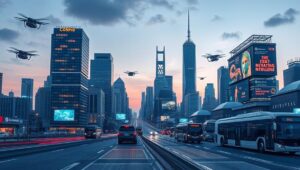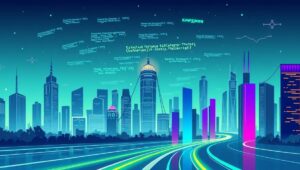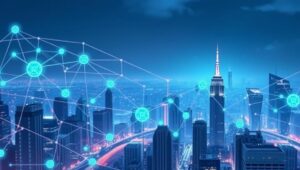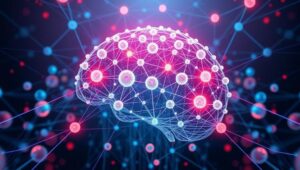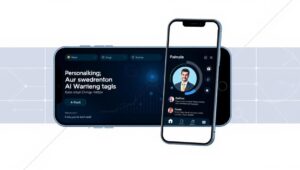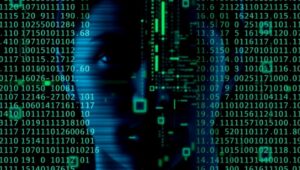May 18, 2025
The AI-Powered Smart Cities of 2030
The Rise of AI-Powered Smart Cities by 2030 Imagine stepping into a city where traffic flows seamlessly, energy consumption is optimized, and public safety is enhanced through intelligent systems. This isn’t a scene from a sci-fi movie, but a glimpse into the future of urban living powered by artificial intelligence (AI). By 2030, AI-driven technologies are poised to revolutionize how our cities operate, making them smarter, more sustainable, and more livable. What is a Smart City? A smart city leverages technology and data to improve the quality of life for its citizens. It integrates various systems – transportation, energy, communication,
